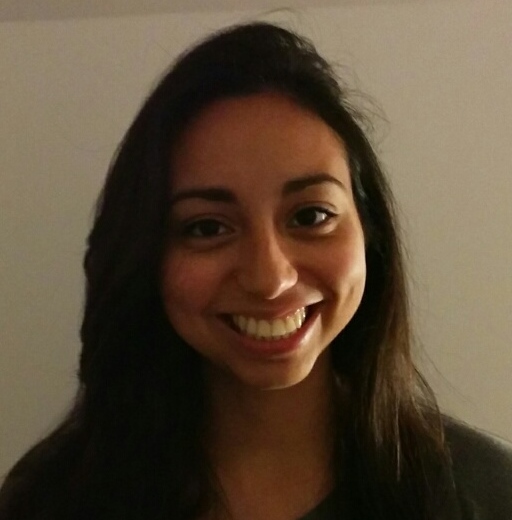Program Schedule
Wednesday, December 14, 2022
9:00am-10:00am (Keynote 1)

The impact of AI on our teaching
Many Computer Science textbooks, tests, and assignments formulate tasks in a number of sentences, possibly with some examples. The OpenAI API Codex, GitHub Copilot and other, similar technologies provide the ability to generate code from such texts. For relatively simple tasks, these techniques already perform surprisingly well. These developments may have a revolutionary effect on programming education. One aspect is that students can now solve a task by asking Copilot for the answer. Another aspect is that this may lead to a different way of programming, in which simple pieces of code are written by AI, and the focus in programming becomes more on problems at a higher level, which have to be broken down into smaller problems which can be further handled by the AI.
In this talk I will introduce Github Copilot, and I will discuss how I think it will impact our teaching. Furthermore, I will briefly introduce some of the other activities in our projects around AI in Education.
10:00am-11:00am (Keynote 2)

AI Based Eye Tracking as the Next User Interface for the Masses
Eye tracking is a technology that can know users' attention. In this talk, we will first explain why eye tracking will become the core user interface in the metaverse era and will be built-in all AR/VR devices. We will also show the achievements of Ganzin Technology, an eye tracking solution provider. The new generation eye tracking system powered by AI can remove the barrier of adopting eye tracking in compact consumer devices for broad applications, which will unblock the potential of eyes as the ultimate interface to the digital world.
Short Biography
Shao-Yi Chien received the Ph.D. degree from the Department of Electrical Engineering, National Taiwan University (NTU), Taipei, Taiwan, in 2003. In 2004, he joined the Graduate Institute of Electronics Engineering and Department of Electrical Engineering, National Taiwan University, as an Assistant Professor. Since 2012, he has been a Professor. Prof. Chien served as the Chair of IEEE Circuits and Systems Society Multimedia Systems and Applications Technical Committee in 2017-2019. Dr. Chien is an expert in AR/VR, eye tracking, computer vision, real-time image/video processing, video coding, computer graphics, and system-on-a-chip design. He has published more than 300 papers and granted more than 40 patents. Since 2018, he is the founder and CEO of Ganzin Technology, Inc., an eye tracking solution provider for AR/VR/smart-glasses, which is the most easy-to-integrate solution on the market.
11:00am-12:00pm (Paper session 1)
- Fostering students' engineering competence by adopting augmented reality: a proposed randomized controlled trial study
- Motivational benefits and usability of a handheld Augmented Reality game for anatomy learning
12:00pm-13:00pm (Paper session 2)
- To evaluate the learning attention and effectiveness in three remote learning approaches using EEG, eyetracker and traditional exam
- Table Tennis Skill Learning in VR with Step by Step Guides using Forehand Drive as a Case Study







